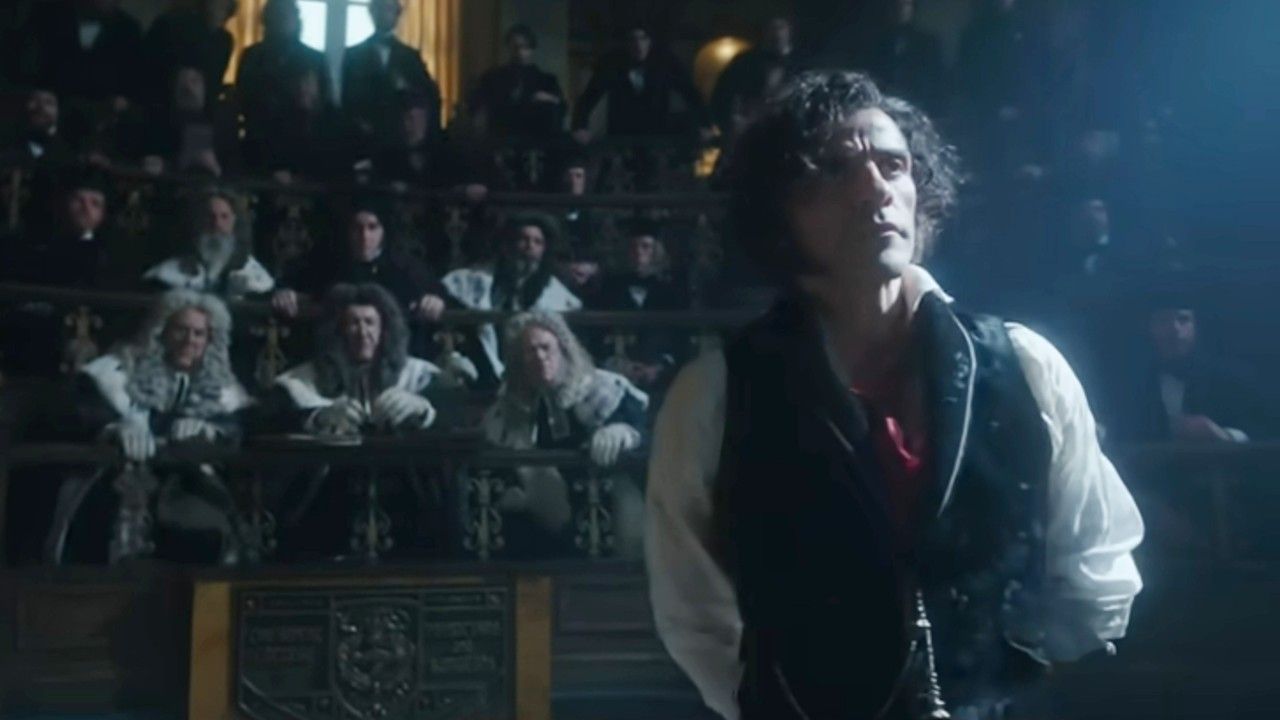
I’m a big fan of Guillermo del Toro, so I was really excited to see his version of Frankenstein. He’s great at making gothic films, and Crimson Peak is one of my favorites. I went into Frankenstein expecting it to feel similar in style and atmosphere.
I recently saw Guillermo del Toro’s new movie at the Chicago International Film Festival and thought it was good. While I enjoyed it, it wasn’t a perfect retelling of Mary Shelley’s original story. I read the book in college and don’t remember every detail, but I did notice some differences in the plot.
Overall, I believe readers who loved the book will really enjoy this adaptation. It lives up to the hype and truly captures the heart of the original story, which is the most important thing.
Warning: Frankenstein spoilers are ahead. Proceed with caution.
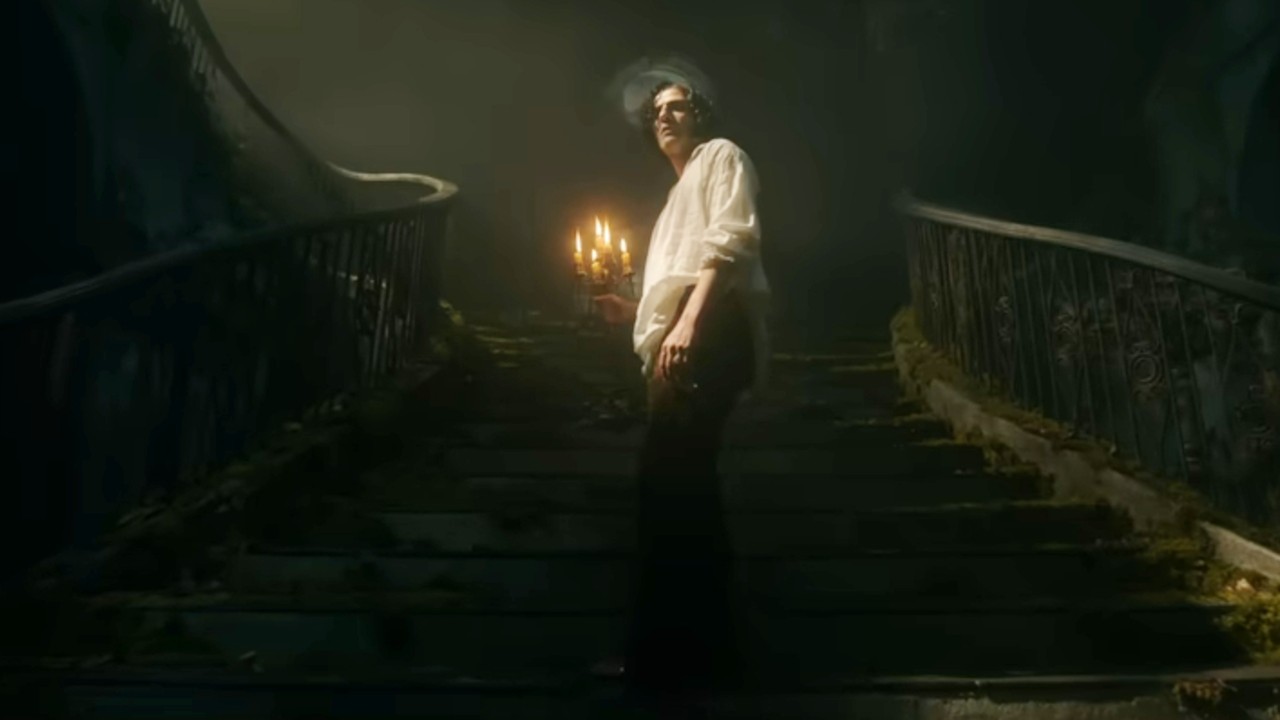
I Love How Frankenstein Really Drives Home That Victor Is The Monster
I recall Victor Frankenstein usually being depicted as troubled and burdened by the monster he made – haunted by his creation. But in Guillermo del Toro’s adaptation, Victor is presented as the primary villain. While he’s a complex character, this version of Victor is far more clearly the antagonist than in many other stories. He isn’t motivated by any noble cause; his actions stem from childhood trauma, a feeling of superiority, and an inflated ego that drives his ambition.
Honestly, I really started to dislike Victor as the story went on. He became someone you actively wanted to see fail, which was a strange feeling! By the end of Frankenstein, I found myself completely sympathizing with the Creature. If he wanted to make Victor’s life a living hell forever, I felt he’d absolutely earned it. That’s not how I felt while reading the book – the Victor in the novel just seemed overwhelmed and regretful. But the movie version? He felt like someone who deserved everything bad that happened to him. It wasn’t just misfortune; it felt like a consequence of his own choices.
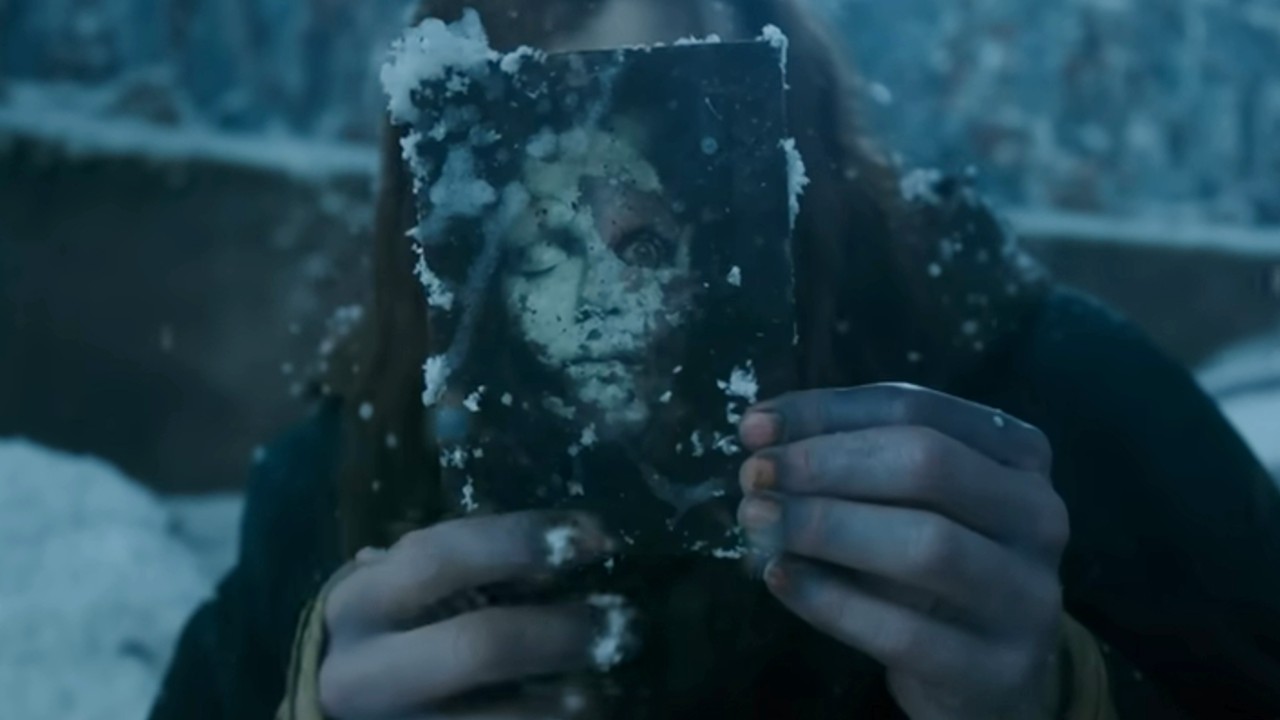
It Also Showed How The World Makes The Creature A Villain, But Also A Man
Both Victor and his creation transform into monstrous figures throughout Mary Shelley’s Frankenstein. Victor’s descent into villainy stems from his overwhelming ambition and attempt to overcome death, fueled further by his upbringing. The creature, however, becomes monstrous as a means of survival; he is driven to destruction simply to exist, and is also tormented by his unnatural immortality.
Despite his frightening appearance, the Creature is actually the more compassionate of the two characters. Throughout most of the story, he’s shown to be kind, only becoming aggressive when pushed to his limits. He responds to the harm he experiences by lashing out, illustrating how hardship can drive people to become their worst selves – and sometimes even force them to hurt others simply to cope and survive.
In Frankenstein, we see the Creature develop and become more like a human being. This highlights how a person’s experiences and understanding of the world are crucial in forming who they are, and ultimately influence whether they lean towards good or evil.
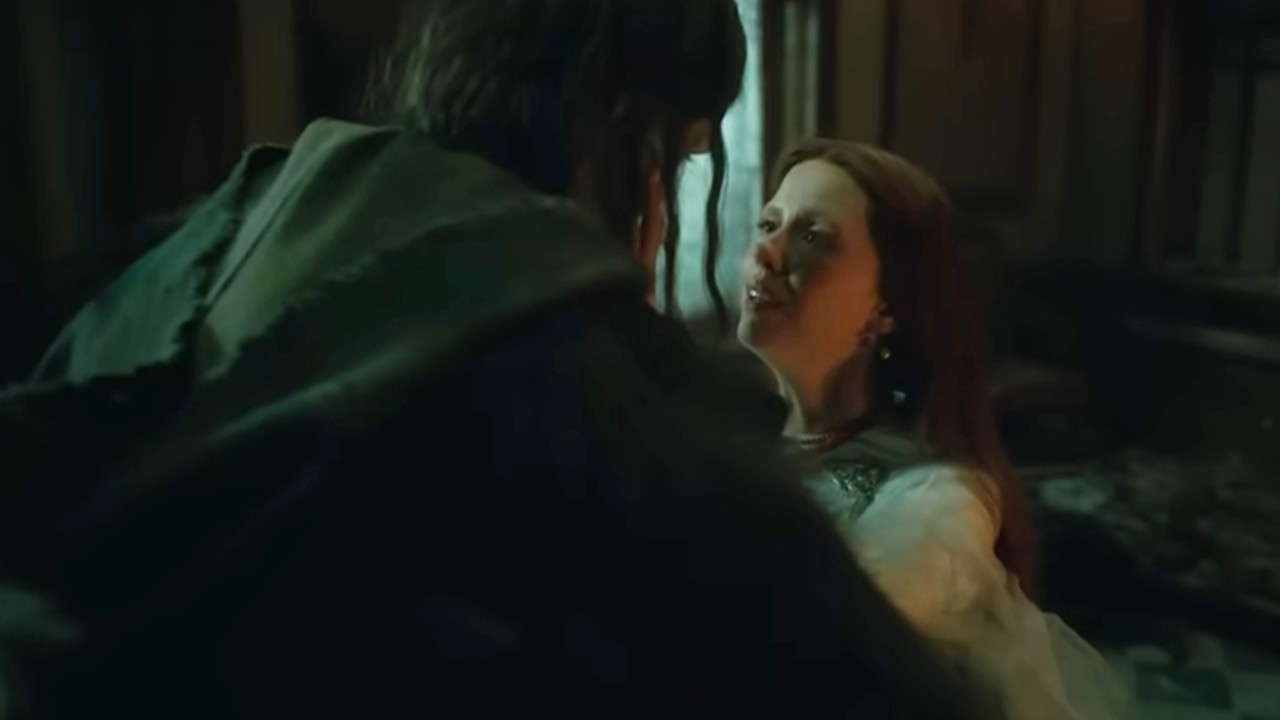
I Think Elizabeth And The Creature’s Connection Also Helps Drive Home How Men Bring Destruction
In a key moment of the film, Elizabeth (Mia Goth) speaks to the limited options available to women during that era. Throughout the story, she forms strong connections with creatures kept in captivity, most notably Frankenstein’s Creature. This connection stems from a shared sense of isolation; she sees a lost soul struggling in a world that doesn’t accept him. This is partly because Elizabeth herself lives in a society that isn’t welcoming or fair to her.
While some might see a romantic connection between Elizabeth and the Creature, I believe their bond is more akin to two kindred spirits recognizing each other. It’s a profound understanding that goes beyond romance, explaining why they flourish in each other’s company and feel utterly lost when separated. Theirs is a love story, though not necessarily a romantic one. Both are wounded beings, outcasts in a world created and ruined by humans, and they simply don’t fit into that world.
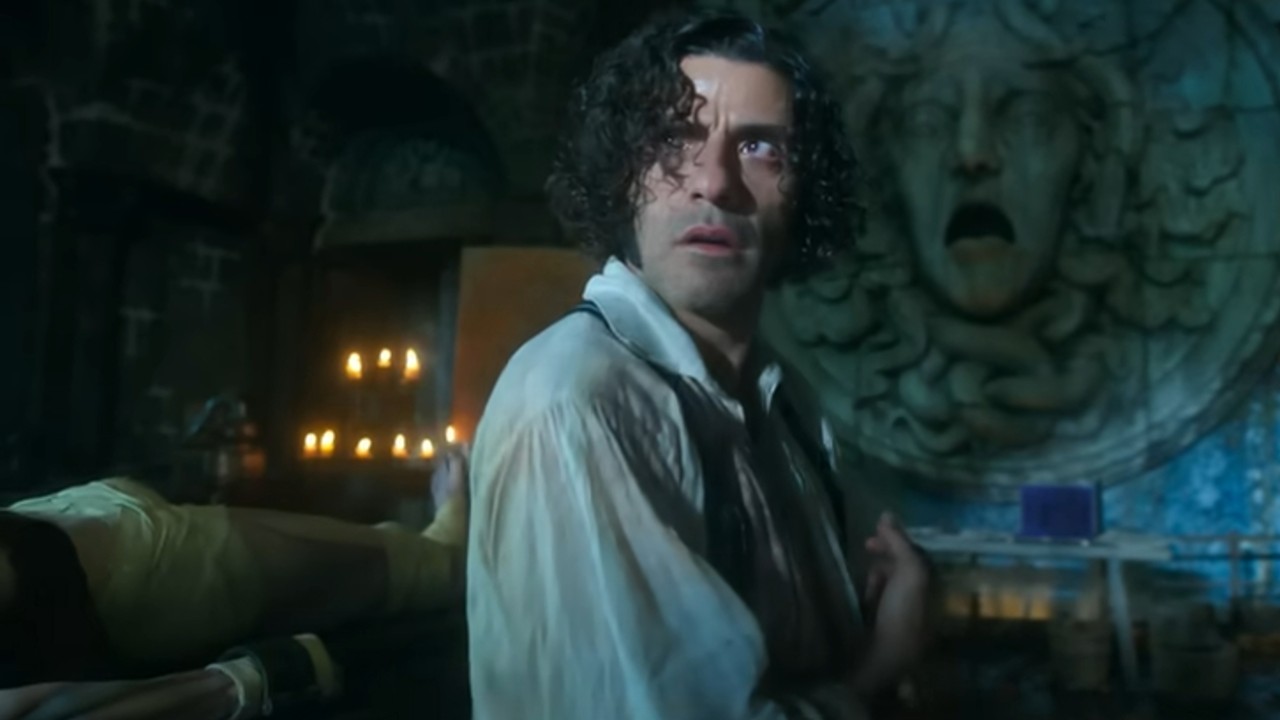
I Thought The Parallels Between Victor And His Father, And Victor And The Creature Show Generational Trauma In A Very Interesting Way
Guillermo del Toro views Frankenstein less as a horror story and more as a story about family. I see it as both, though, because difficult family relationships can be just as frightening and harmful as any monster story. The trauma begins with Victor’s father, Leopold (played by Charles Dance), and continues with Victor’s treatment of his Creature. While the cycle of abuse might end with the Creature, it powerfully illustrates how parents can deeply wound and negatively influence their children, with those effects lasting for generations.
The upcoming horror film Frankenstein is compelling because it explores difficult truths about family dynamics. It suggests that parents can sometimes be the source of deep pain for their children, inflicting wounds that can affect generations. The film cleverly frames this by considering children as, in a way, creations of their parents. Ultimately, Frankenstein is a story about the complex and sometimes damaging relationships between parents and children, and the importance of addressing inherited trauma.
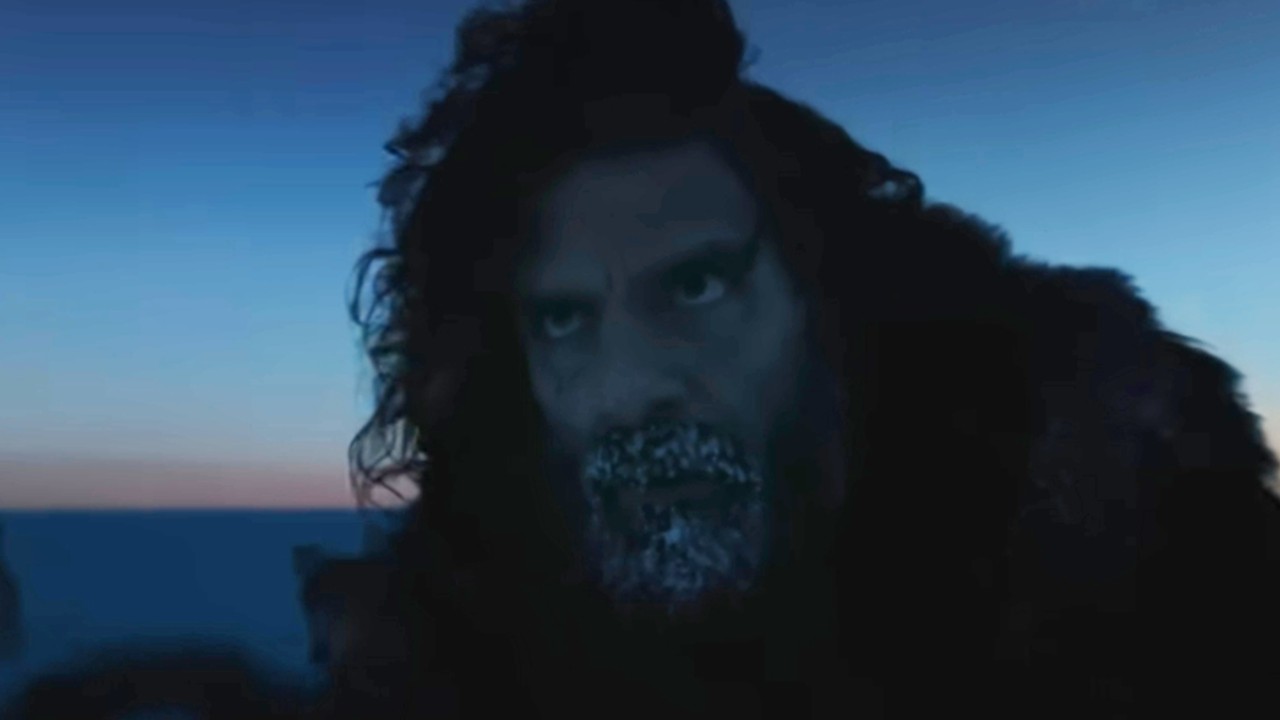
Despite Everything, I Liked That The Frankenstein Ending Offers Slight Hope
The ending of Frankenstein isn’t entirely hopeless. It demonstrates the possibility of forgiveness and change, showing that people – and creatures – can learn from their mistakes and offer apologies. The story suggests that destruction isn’t the only outcome; compassion, kindness, taking responsibility, and love are also possible. Victor Frankenstein ultimately apologizes to his creation, even acknowledging him as his son, highlighting a path away from mutual ruin.
Throughout much of the film, the creator barely treats the Creature as a living being. However, the story demonstrates a positive shift in his perspective. He also urges the Creature to make the most of his life and truly live. I believe Frankenstein ultimately suggests the Creature will find inner peace, and that peaceful coexistence between people is possible – but only if they’re willing to embrace change. It’s an optimistic conclusion to a thought-provoking story about the monsters we both make and become.
Stream Frankenstein on Netflix
Read More
- 6 Years Ago, Star Wars Debuted Its Most Wasted Villain In Franchise History
- Spider-Man 4 Might Feature [Spoiler]’s MCU Debut — Report
- One of the Most “Exciting” Paranormal Adventure TV Shows of the Decade Sets Season 11 Release Date on HBO Max
- Серебро прогноз
- Deathstroke Takes On An Epic Sci-Fi Villain In This Brutal Crossover Event
- Прогноз криптовалюты ADA: прогнозы цены ADA
- Dwayne Johnson Was Super Stressed The Morning Golden Globes Noms Came Out. How Ryan Coogler Made His Day
- Прогноз криптовалюты ATOM: прогнозы цены ATOM
- Your Host – Heading to FrightFest 2025
- Jesse Metcalfe’s Surprise Desire to Rejoin Law & Order After Major Shakeup!
2025-11-08 17:11